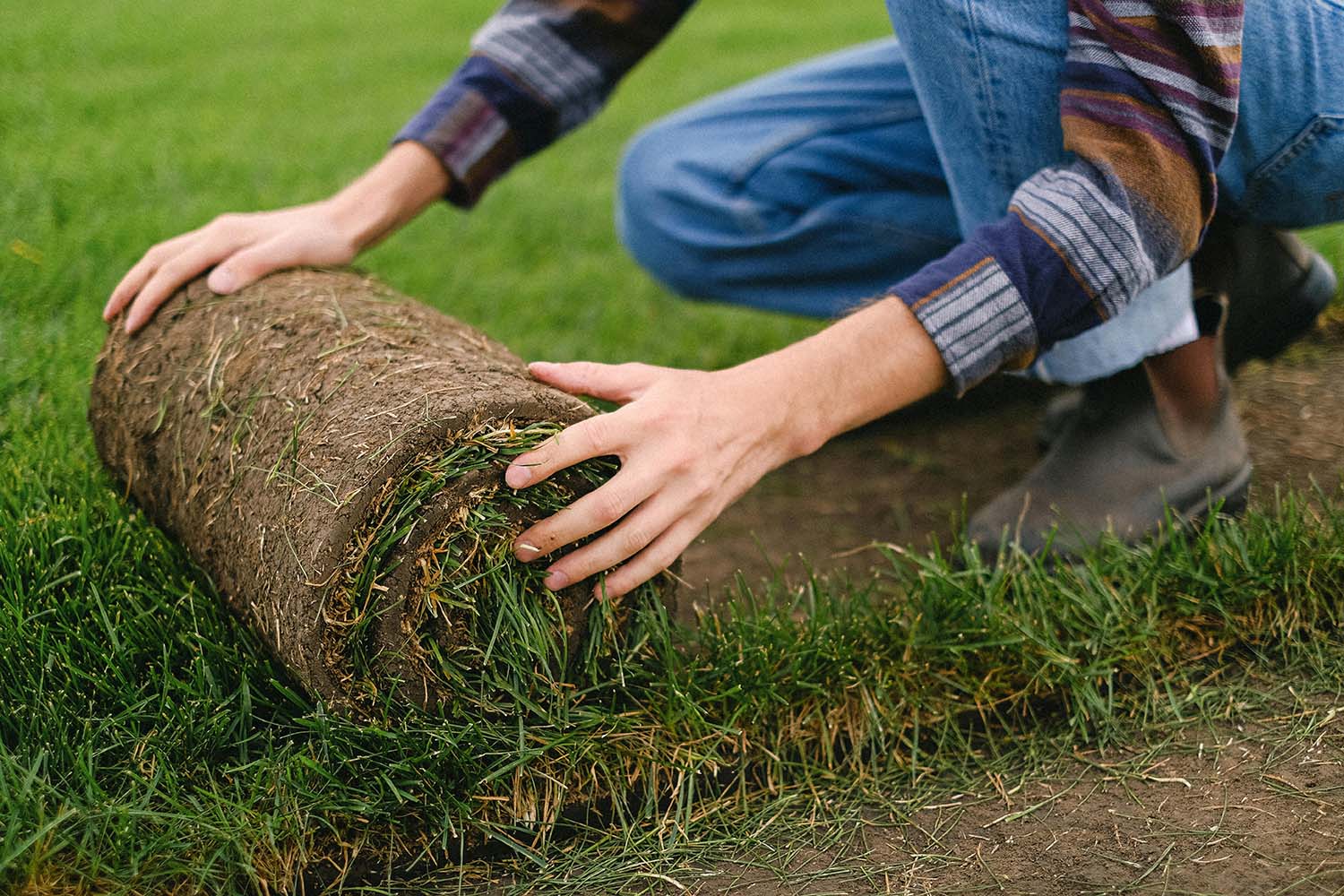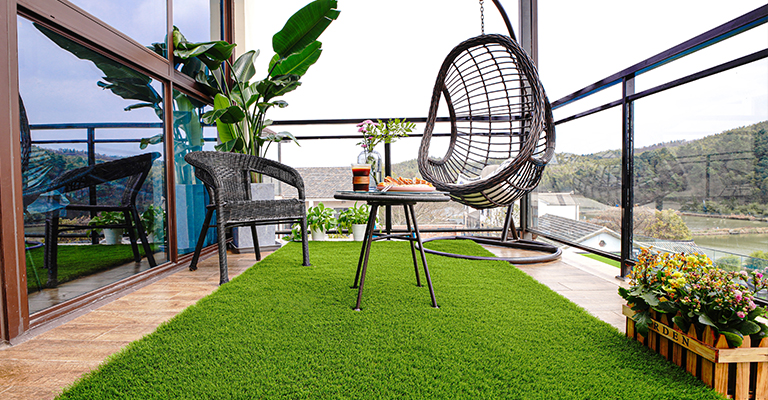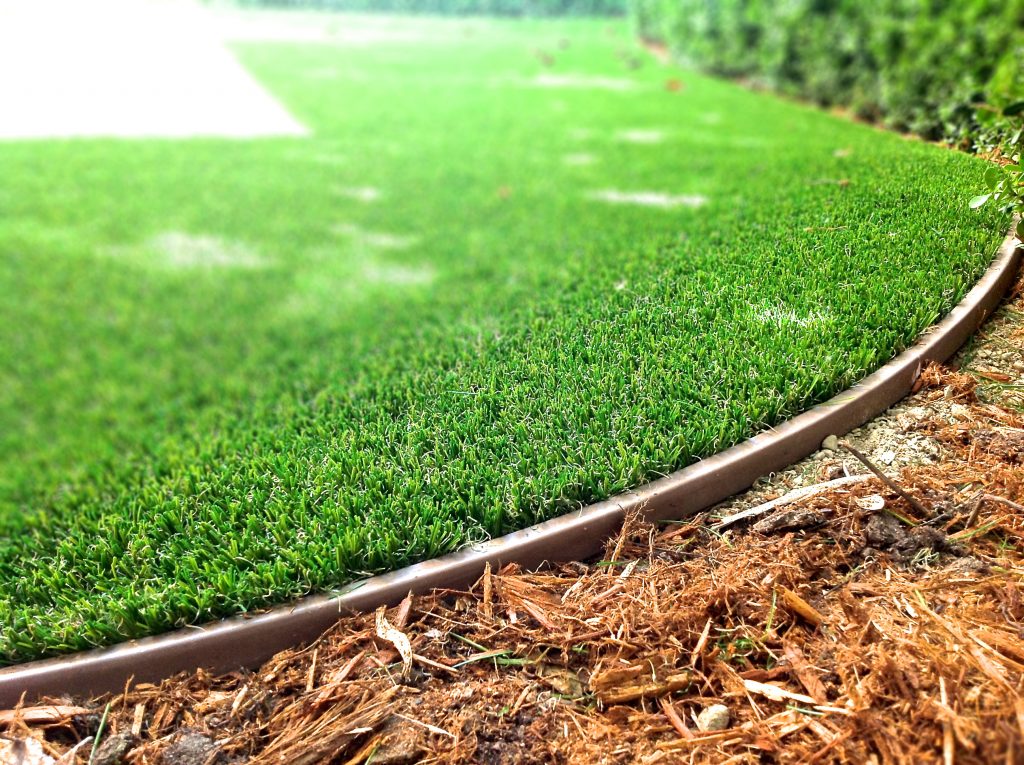Discover the Most Trusted Artificial Turf Companies Phoenix for Your House or Business
Discover the Most Trusted Artificial Turf Companies Phoenix for Your House or Business
Blog Article
Look Into the Environmental Perks of Opting for Synthetic Grass Solutions
The adoption of fabricated turf services presents a compelling opportunity to address pushing ecological difficulties. By dramatically reducing water usage and decreasing the application of hazardous chemicals, these choices not only advertise lasting landscaping however also shield regional ecosystems.
Water Conservation Advantages
One of one of the most considerable advantages of artificial grass is its ability to preserve water. Traditional grass lawns call for considerable irrigation, specifically in locations susceptible to drought or water constraints. In contrast, fabricated turf does not need watering, dramatically reducing the total demand for water sources. This feature is especially helpful in deserts where water shortage is a pushing worry.
By removing the requirement for routine watering, synthetic grass contributes to sustainable landscape methods and helps alleviate the environmental influence of too much water usage. The conservation of water extends to the reduction of runoff, which can lead to soil disintegration and waterway pollution.
Additionally, the setup of synthetic grass allows districts and property owners to designate water resources much more efficiently, concentrating on necessary uses such as alcohol consumption water and agriculture. The shift towards synthetic grass not only promotes responsible water usage yet likewise straightens with more comprehensive ecological goals intended at protecting natural deposits.
As communities increasingly prioritize sustainability, the water preservation benefits of man-made turf provide an engaging situation for its adoption in industrial and residential landscaping jobs.
Reduced Chemical Usage
The transition to man-made turf significantly reduces the reliance on chemical therapies frequently utilized in all-natural yard upkeep. Conventional grass administration typically involves the application of herbicides, pesticides, and plant foods to promote development and control pests. These chemicals can pose risks to human health, neighborhood wildlife, and the environment, adding to soil and water contamination.
In comparison, synthetic turf removes the demand for these harmful materials. When mounted, it calls for very little upkeep, mainly containing regular cleaning and occasional infill replenishment. This decrease in chemical use not just profits the immediate environment but also adds to broader eco-friendly stability. By reducing the launch of synthetic substances into the ecosystem, fabricated lawn advertises healthier soil and water systems.
Moreover, the absence of chemical drainage connected with fabricated lawn setups aids safeguard neighborhood waterways from pollution, sustaining marine life and maintaining biodiversity. Phoenix turf companies. As neighborhoods increasingly prioritize lasting techniques, going with synthetic grass presents a practical option that straightens with ecological preservation goals. With this shift, residential or commercial property proprietors can enjoy lush environment-friendly rooms without endangering ecological health, paving the method for a more lasting future
Reduced Carbon Impact

In addition, the installation of artificial turf can lead to substantial water preservation. All-natural grass require considerable amounts of water for watering, which not just includes to the carbon impact associated with water extraction and therapy yet additionally pressures local water resources. In comparison, man-made grass requires marginal upkeep, needing no watering, consequently substantially lowering website here water use and its linked energy costs.
Additionally, the longevity of artificial turf adds to its decreased carbon effect. With a life expectancy of up to 15 years or more, the need for regular replacements is diminished, resulting in much less waste and reduced power intake in production and taking care of typical turf options. In general, synthetic grass offers a lasting alternative for ecologically conscious landscaping.
Environment Conservation
Environment preservation is a crucial factor to consider in the discussion over landscape design options, particularly when contrasting synthetic grass to natural lawn. Natural yard yards typically require substantial upkeep, including making use of chemicals, herbicides, and fertilizers, which can negatively impact neighborhood environments. These chemicals can leach right into the soil and waterways, damaging native vegetation and fauna and interfering with local environments.
In contrast, synthetic grass offers an opportunity to minimize the ecological footprint of landscape design. By selecting artificial grass, house owners can minimize the interruption of all-natural habitats connected with typical lawn care techniques. Synthetic grass eliminates the requirement for unsafe chemicals, thus securing neighboring wildlife and preserving the stability of bordering ecosystems. The setup of fabricated lawn can lead to the conversion of previous grass areas into more biodiverse landscapes, such as pollinator gardens or native plant areas, which right here can support local wildlife.
Inevitably, the shift to synthetic grass not only conserves water and reduces maintenance initiatives yet likewise promotes a more harmonious partnership in between human activities and the natural surroundings, advertising habitat preservation in the procedure.
Long-Term Sustainability
Lasting sustainability is a critical consider examining the advantages of synthetic grass over standard turf lawns. Among the most significant advantages of man-made turf is its durability; it can last approximately 15-20 years with very little maintenance, whereas all-natural turf calls for constant reseeding and replacement. This long life minimizes the need for consistent resources, such as water, plant foods, and pesticides, which are crucial for preserving a healthy yard lawn.
In addition, synthetic grass contributes to a reduction in carbon discharges related to grass care devices. Conventional yards frequently need gas-powered mowers, trimmers, and blowers, every one of which add to air pollution. Phoenix turf companies. In contrast, synthetic grass removes the demand for such tools, promoting a cleaner atmosphere
Moreover, the manufacturing of synthetic turf increasingly utilizes recycled materials, boosting its sustainability account. As makers adopt environment-friendly practices, the ecological impact of synthetic grass continues to lessen.

Verdict
The fostering of synthetic grass options offers significant ecological advantages, consisting of substantial water conservation, decreased dependence on hazardous chemicals, and a lower carbon footprint. Artificial lawn aids in maintaining all-natural habitats by reducing land disturbance and advertising long-lasting sustainability with the usage of long lasting products. Jointly, these factors emphasize the potential of man-made grass to contribute favorably to environmental wellness and use a practical choice to conventional landscaping techniques in an increasingly resource-conscious world.
In contrast, synthetic lawn does not need watering, substantially lowering the overall demand for water resources. By lessening the launch of artificial substances right into the community, synthetic grass advertises much healthier soil and water systems.
Additionally, the setup of fabricated lawn can result in substantial water conservation. In contrast, artificial turf needs minimal maintenance, requiring no watering, thus considerably minimizing water usage and its connected energy expenses.

Report this page